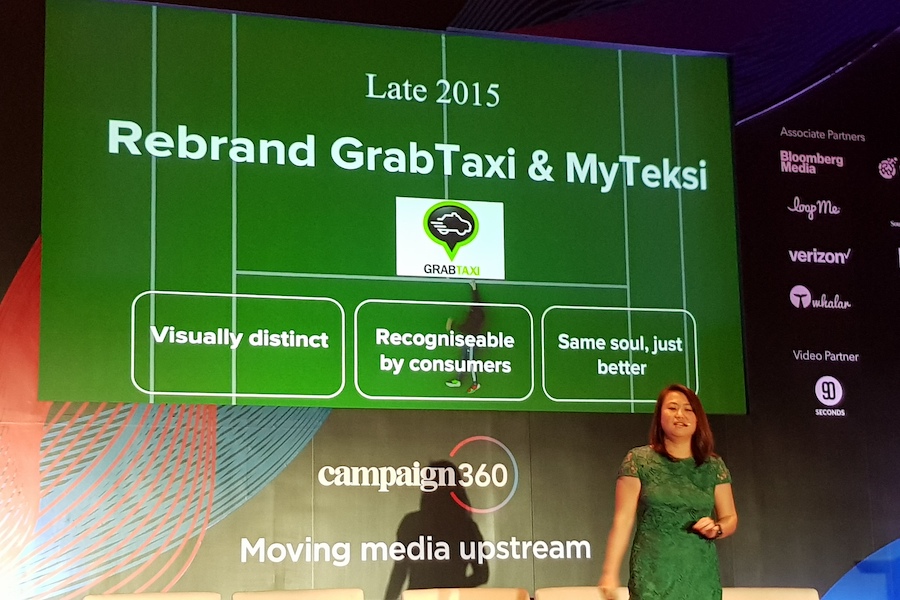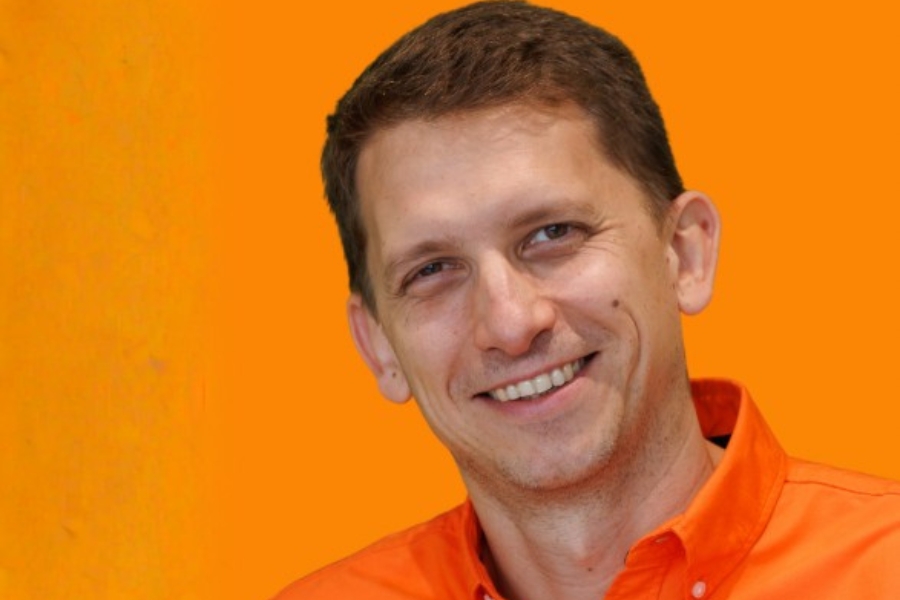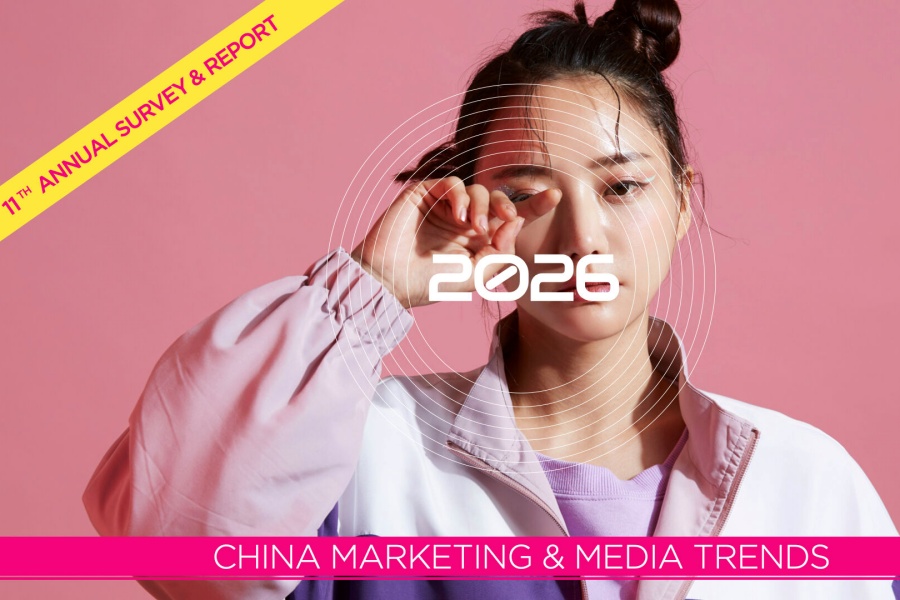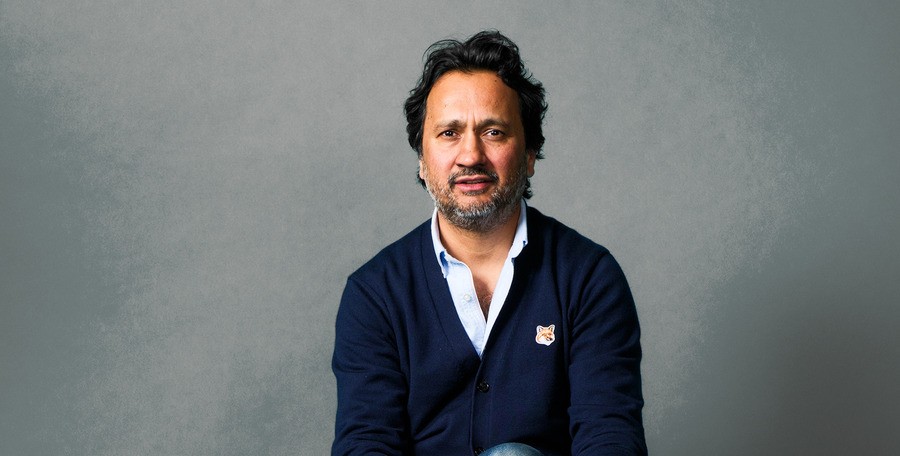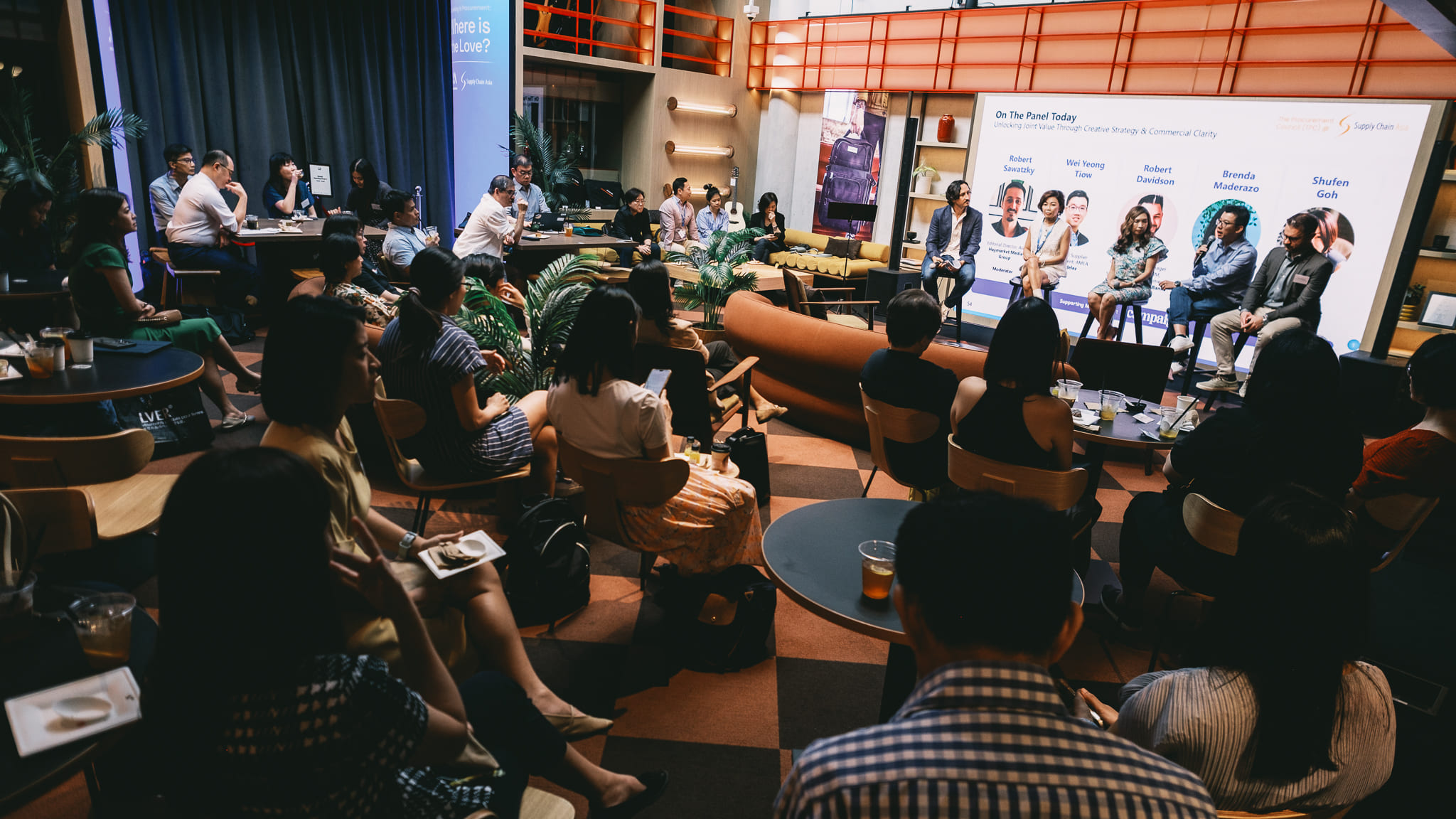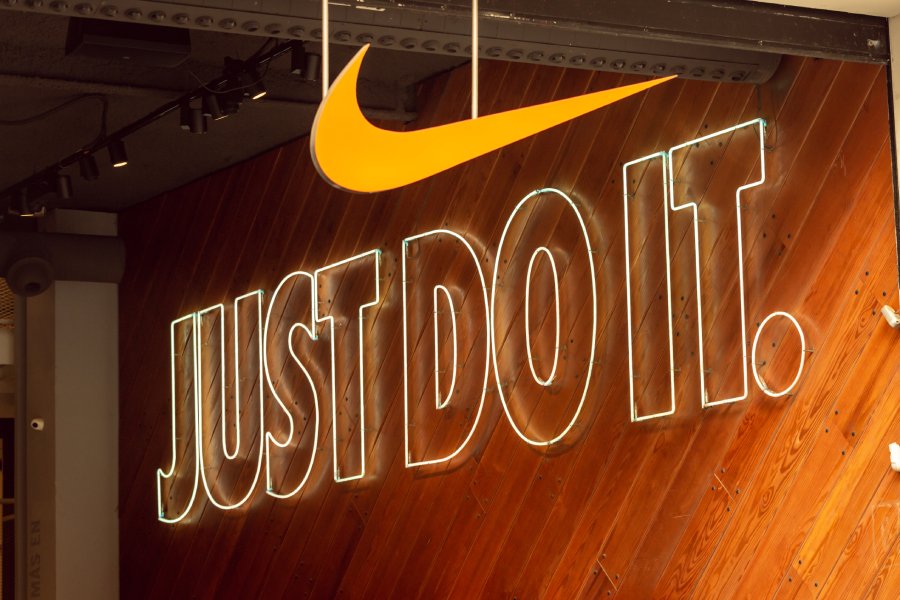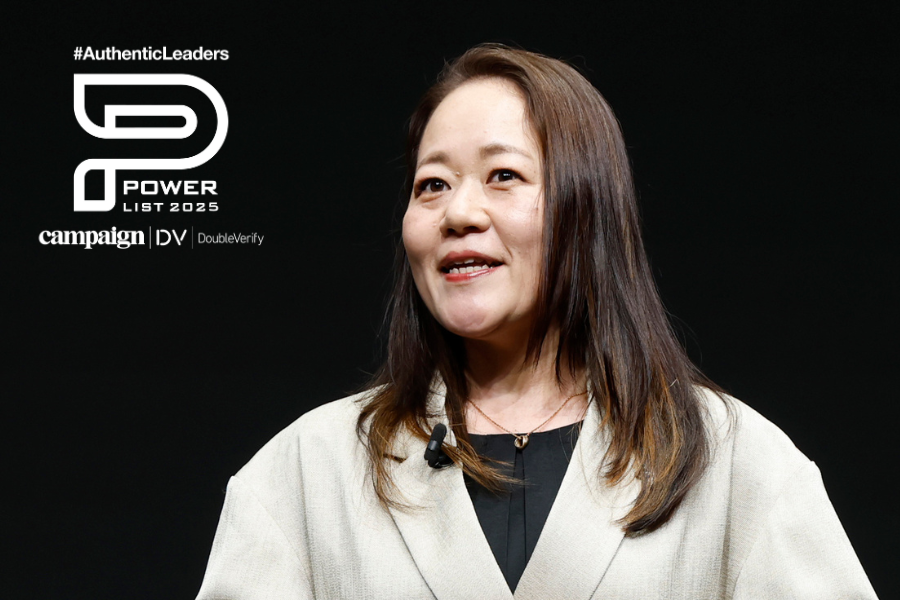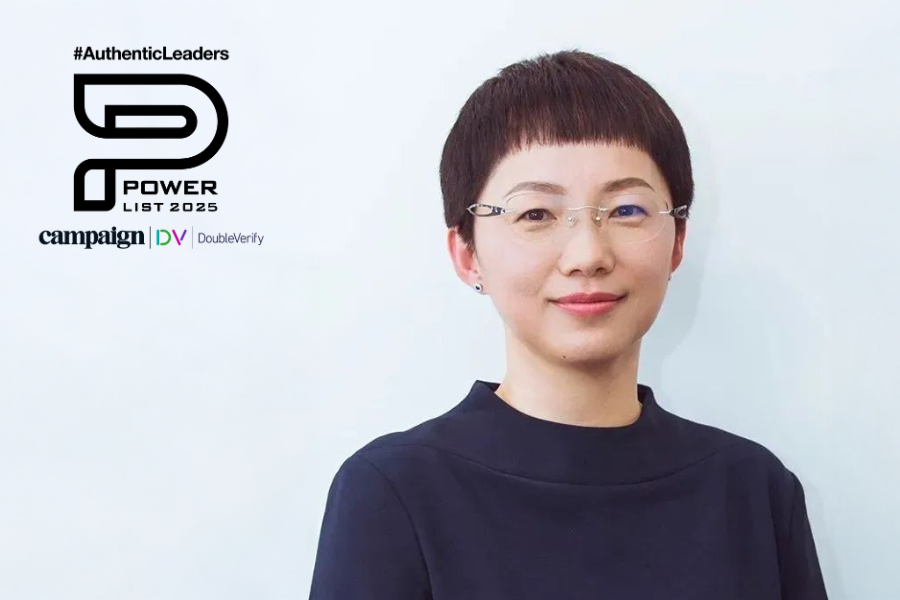Catch up with all coverage of Campaign360, Campaign's flagship conference on the business of advertising, here.
Those who hold out for the perfect opportunity or strategy risk missing the critical chance to evolve their brands.
That’s according to Cheryl Goh, and CMO of Grab. And as she has been at the company from the very beginning when it launched as MyTeksi in Malaysia in 2012, she has a lot of experience in rapid brand transformation.
“When we started, we had no venture funding, we were very small," Goh said at Campaign360 this morning. "So the typical head of marketing stuff—budgeting, cost optimisation—I didn’t have to do, because when you have no money you don’t have to worry about those sorts of things!” she explained.
What was more important, Goh said, was pounding the pavements, literally in some cases, to grow brand awareness and equity. Having done that, Goh then hit her next hurdle when MyTeksi moved into six countries in 2014: the brand didn’t translate.
“One of most painful things I realised was the MyTeksi brand name couldn’t scale,” she explained. “Taxi is spelled differently in different countries, so people couldn’t search for it, but the name had a lot of brand equity in Malaysia.”
So they created two apps, with two brand names—MyTeksi and GrabTaxi. However, once the company offered more diversified services, such as motorcycle taxis and package delivery, the brand had to pivot once more, and fast.

“We had a huge drop off because people couldn’t find our app,” Goh said. “Anthony [Tan, Grab founder and CEO] said we needed to rebrand, call ourselves Grab, and you have one month! I negotiated three months, but it was not easy across six countries. We had no logo, and had to think about all the branding and collateral already out there, our bike jackets, for example.”
Goh and her team got the job done, with a new logo that remained “visually distinct and Southeast Asian”, and a clear campaign explaining that MyTeksi and GrabTaxi were now Grab. “Consumers needed to know it was still us, so we were very deliberate and boring, but needed this to be simple and clear,” she said.
Goh admitted that “our rebrand was not perfect”, but at the same time the company achieved its business objectives, which was the most critical thing. “We took advantage of moment marketing, finding the best way to drive user adoption was moments of true pain – traffic or parking problems, for example,” she said.
The most significant concern for a growing startup, said Goh, is making sure your brand remains relevant, and that was achieved with hard work and moving extremely quickly, rather than crafting the perfect marketing execution.

